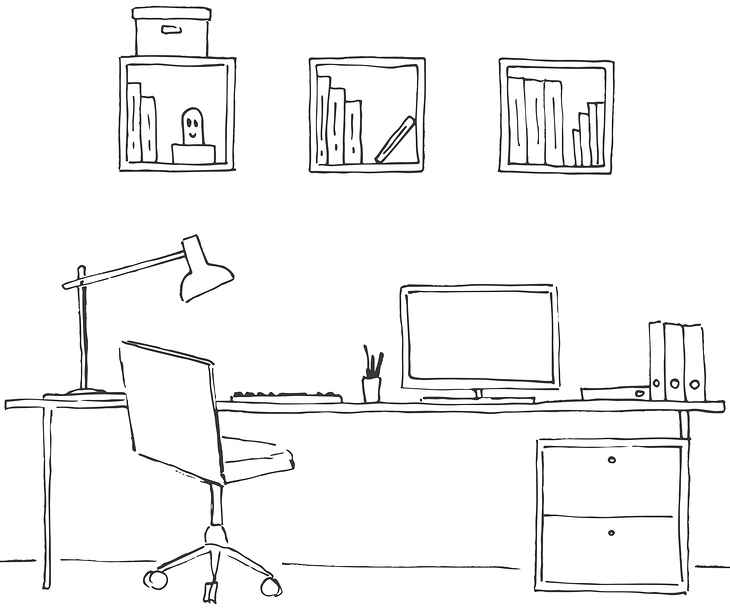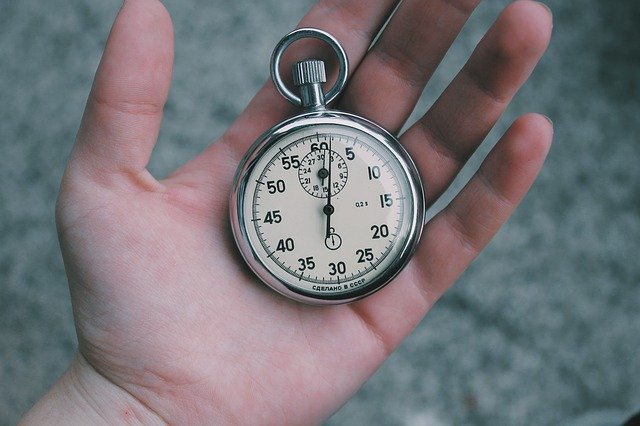I love writing, whether in free form or using a keyboard. It is an ancient art and possibly a dying one that is losing itself in the age of email correspondence and face recognition.
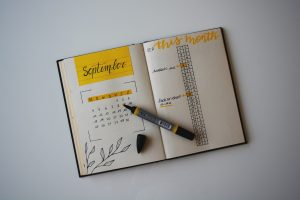
I remember handwriting lessons in the 1970s.
We practised our cursive writing, and it was a memorable lesson free from the usual school curricular activities and a task that enabled us to free flow.
Even the most disruptive pupils would sit quietly and practice their writing.
4-5-year-olds are being taught cursive writing, but I am unclear if handwriting continues to be part of ongoing learning in Schools today.
My Italian cousin laughed at my handwriting, amazed when she discovered I didn’t have regular lessons in the art of writing.
In contrast, her handwriting was a thing of beauty, it flows and is a work of art.
When I applied for jobs after University, we were advised that legibly handwritten job applications were essential. It is the first step in representing yourself to a prospective employer.
And so handwriting letters, taking notes, schematics are a fundamental part of me.
I love the digital world and the freedom to type and save work, but there is something intrinsically pleasing taking notes in hand form, which is why I started a journal.
It isn’t a diary but a keepsake of all the things that happen during my week. There’s no structure or organisation required for journaling. An open mind and heart are all that is necessary to get started.

But fundamental to journaling is that handwriting offers the freedom to express my emotions. It calms and offers peace from our 24/7, always-on world.
It is a habit, a ritual and one that I intend never to break.
There are no rules for journaling, whether it is used as a diary and journal or doubles up as your life, and daily planner journaling gives you the freedom to express yourself.
There is no right or wrong. Start a journal and record special moments, events and thoughts as they happen.
You can include photos, sketches, diagrams, bits and pieces, anything goes.
Your journal can be a bullet journal or used for goal setting, project planning, and recording your innermost thoughts and memories but mostly it helps me be more circumspect.
Journaling has become an essential ritual in my life.
Ideally, I’d like to do it every day, but most weekends, I find the time to clear my mind and commit to paper my thoughts.
That’s the beauty of journaling.
It doesn’t have to be prescriptive; admittedly, when I started the process of journaling, I was unsure if there was a formula.
I spent hours on Pinterest absorbed by the creativity of other people’s journal ideas and layouts, and then over time, my journaling has evolved into something meaningful and important.
My journals represent everything important in my life, from events, disasters, triumphs and fun, filled with sketches and drawings, photos ephemera reminders of times and places.
Like keeping a photo album, a journal is a glimpse into the soul of the person who holds it meticulously, adding to it daily or weekly or whenever inspiration strikes.
I know people who have a daily journal, a bullet journal, a project journal; the idea of a journal is limitless.
I have one specifically for new words that I pick up as I read and then refer back to.
I have a project management journal that doubles as a bujo, the abbreviated bullet journal version.
There are digital and smartphone apps, but none can replace the joy of writing down a list and crossing off each item on completion.
I love the analogue and digital world and the flexibility that digital affords you, but there is no replacement for writing down a sentence, idea or extraneous thought that comes to mind when you least expect it.
The art of handwriting is being eroded sentenced to extinction because of the keyboard’s power.
And yet writing is intrinsically tranquil and soothing; sharing your emotions on paper is cathartic.
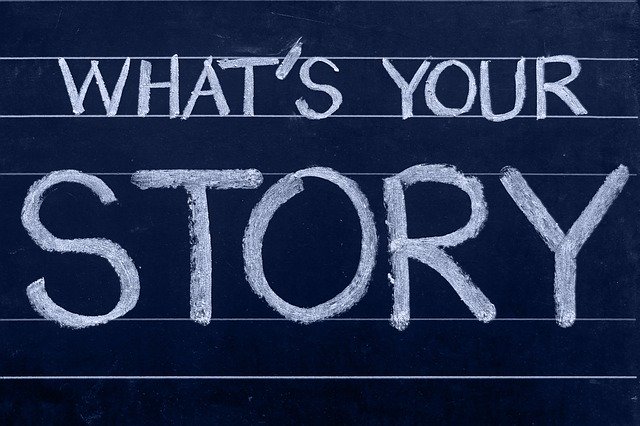
When I am faced with a business issue, my retort is to write a blazing email.
But I hold back and jot down on paper my thoughts and points I wish to make. Reading it on paper rather than on a screen helps calm and steady the mind.
Writing down your thoughts helps alleviate whatever frustration or anger you want to unleash; that’s the power of journaling. You don’t have to share it; it is for your eyes only unless you choose to share.
My journals have a start and end date, and when I finally leave this world, my children can read them Hopefully, they will provide a glimpse into the world lived through their mother’s eyes.
They will read how special moments captured my heart, how I wrote about them growing up, how I wept and laughed and how I worked my way through life’s plethora.
But mostly, I write to share my feelings from the heart of a woman who is utterly devoted to her children.
Email is the bane of many people’s lives, but I practice my writing skills. Writing is to be treasured and revered, not consigned to history.
The writing process is an intrinsic part of my creativity and does not come naturally.
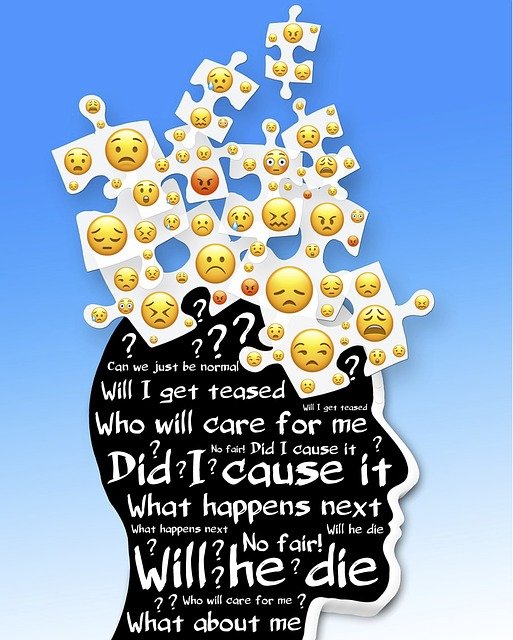
Because writing is a slow process, it requires thoughtfulness time to think about what it is you are writing.
It focuses your mind on what it is you are creating and is both relaxing and rewarding.
It expands your vocabulary and helps with organisation and structure, but above all, it offers calm and serenity in a world that is fraught with anxiety and tension, freeing you to let your mind wander and be carefree.
